
Best Blockchain RPC Providers 2025: Comparison, Reviews, and How to Choose
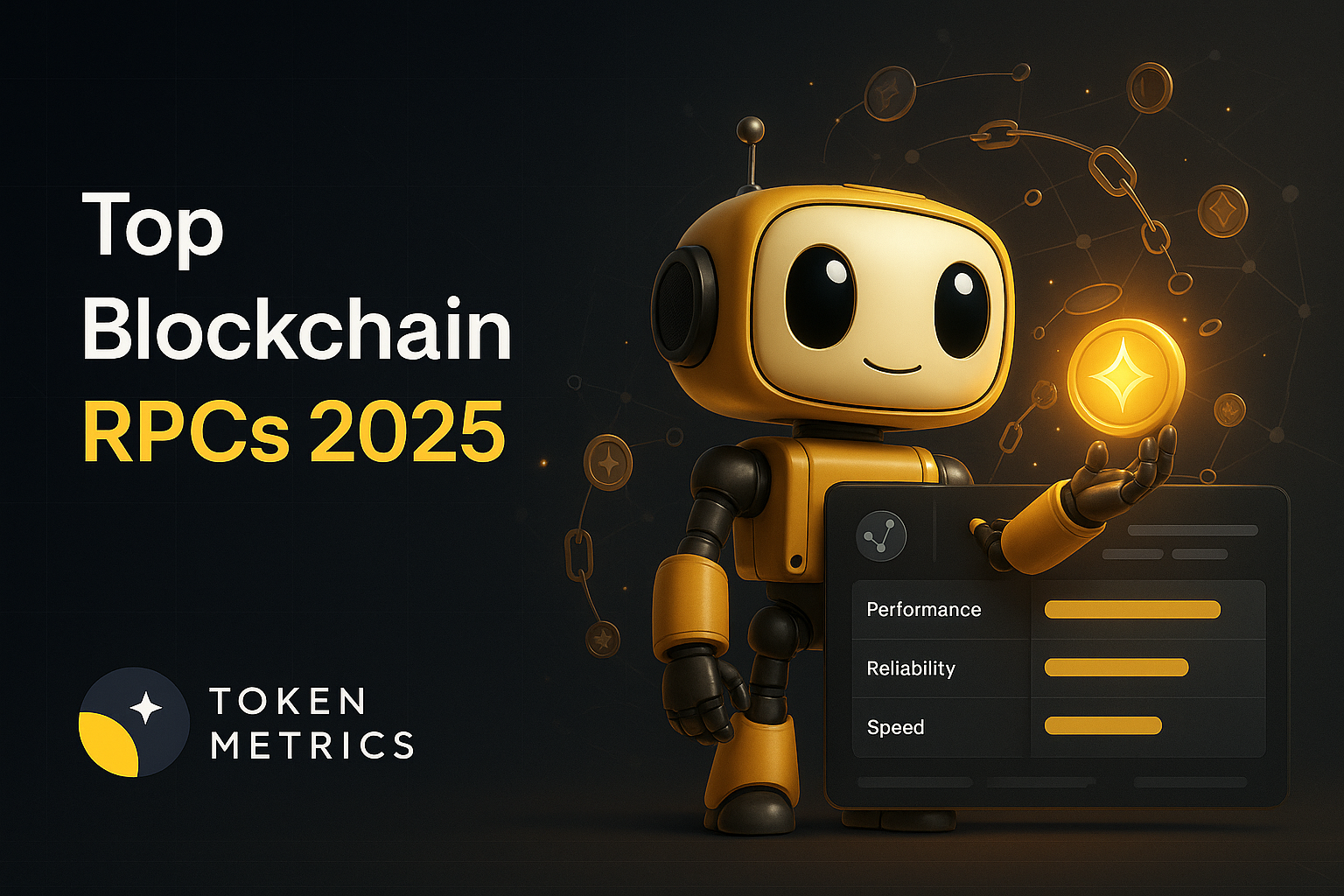
TL;DR
Who this guide is for. Builders choosing a production-grade blockchain RPC for dapps, bots, wallets, analytics, rollups, or research.
Top three picks.
- Alchemy — broad chain coverage, strong tooling, predictable CU pricing. (Alchemy)
- Infura (Consensys) — deep Ethereum ecosystem integrations, enterprise SLAs, MetaMask/Linea alignment. (Infura)
- QuickNode — performance at scale, rich products (Streams, rollups) for real-time apps. (QuickNode)
Key caveat. Pricing models differ (compute units vs requests vs credits). Check method-based costs, WebSocket bandwidth, and regional throughput before committing. (Alchemy)
Introduction
Choosing the best blockchain RPC providers in 2025 is a commercial-investigational decision: uptime, latency, method limits, and cost models impact everything from swaps and NFT mints to MEV-sensitive trading. An RPC provider is a service that exposes blockchain node methods over HTTPS/WebSocket so your app can read and write on-chain data reliably. The market now spans centralized platforms with SLAs and decentralized networks with distributed gateways. In this guide we compare leading vendors on performance, reliability, coverage, costs, developer experience, and support, then summarize where each one fits. We include a quick table, 10 concise reviews, and a buyer checklist to help you ship safely at lower total cost of ownership.
How We Picked (Methodology & Scoring)
We shortlisted ~20 credible providers, then scored the top 10 using verified claims on official pricing, docs, security/uptime disclosures, and status pages. Third-party datasets were used only for cross-checks.
Scoring Weights (sum = 100).
- Liquidity/Performance (throughput/latency proxies) — 30%
- Security/Reliability (SLA, status transparency) — 25%
- Coverage (chains/testnets, archive, tracing) — 15%
- Costs (free tier, PAYG, predictability) — 15%
- UX/DX & Tooling (SDKs, dashboards, streams) — 10%
- Support (docs, success, enterprise help) — 5%
Freshness. Last updated November 2025.
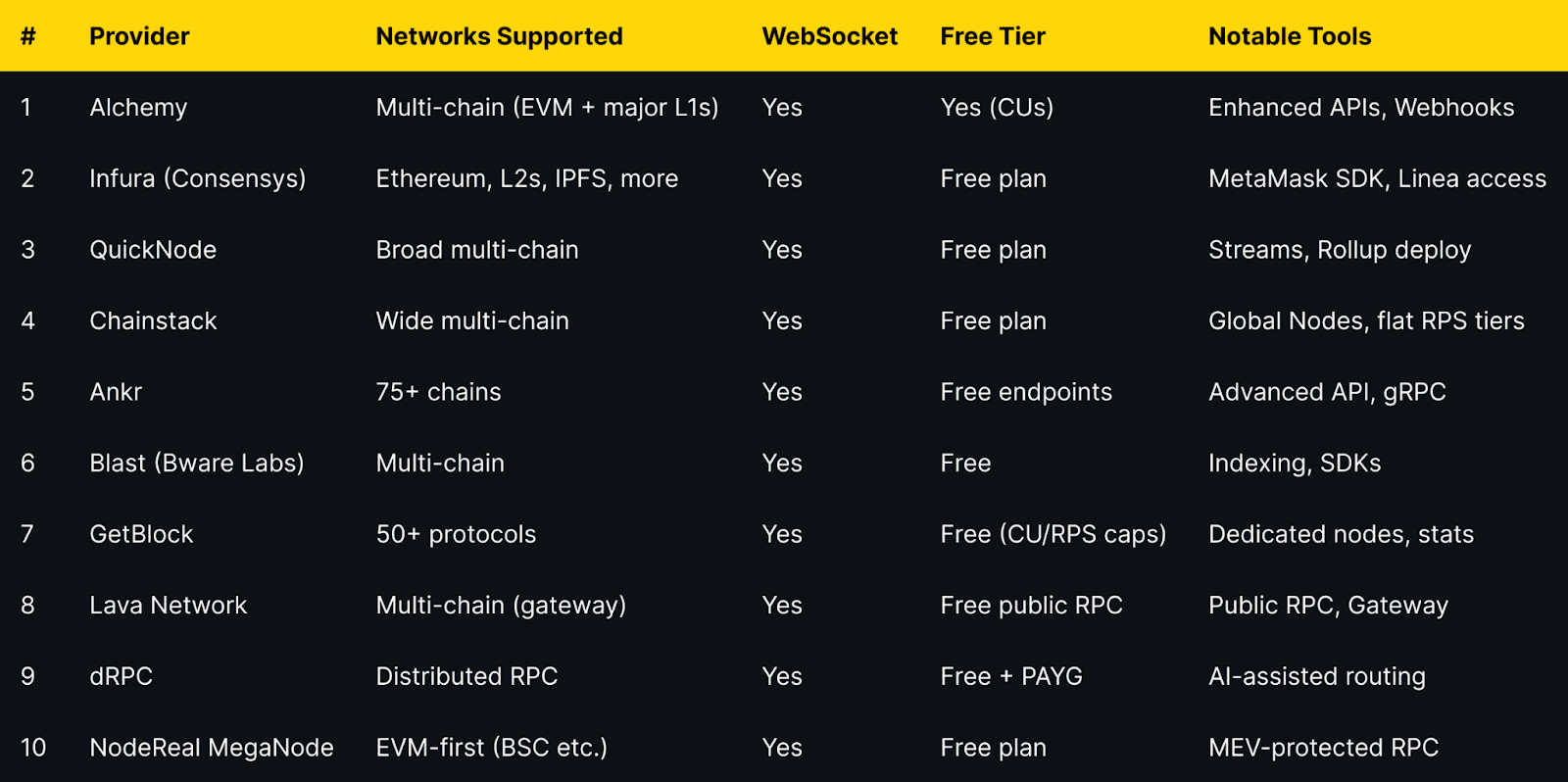
Notes: “Uptime SLA” reflects availability of SLAs or published uptime claims on official sites; check each plan’s SLA wording and region. Free-tier quotas and pricing change frequently.
Best RPC Providers in November 2025 (Comparison Table)
Top 10 RPC Providers in November 2025
1. Alchemy — Best for scale + tooling depth
Why Use It. Alchemy pairs broad chain coverage with predictable compute-unit pricing and strong developer tools (Enhanced APIs, Webhooks). The free tier is generous for prototyping, while PAYG scales smoothly to production. (Alchemy)
Best For. High-growth dapps; analytics/bots that need webhooks; multi-chain teams; enterprises.
Notable Features. Enhanced APIs • Webhooks/WS subscriptions • CU-based billing • Status & enterprise support. (Alchemy)
Consider If. You prefer request-based flat pricing over CU accounting.
Fees Notes. Free 30M CU/mo; PAYG from low monthly minimums; bandwidth pricing for WS/webhooks. (Alchemy)
Regions. Global (plan-specific SLAs).
Alternatives. Infura • QuickNode.
2. Infura (by Consensys) — Best for Ethereum-aligned stacks
Why Use It. Infura integrates tightly with the Consensys ecosystem (MetaMask, Linea) and offers enterprise SLAs and higher throughput via Team/Enterprise plans. (Infura)
Best For. ETH/L2-first products • Teams needing MetaMask/Linea ties • Enterprises.
Notable Features. Credit-based plans • MetaMask SDK access • IPFS APIs • 24/7 support (Enterprise). (Infura)
Consider If. You need explicit per-method cost predictability rather than credits.
Fees Notes. Free, Developer, Team, Enterprise with credits/day and throughput caps. (Infura)
Regions. Global; check plan terms.
Alternatives. Alchemy • Chainstack.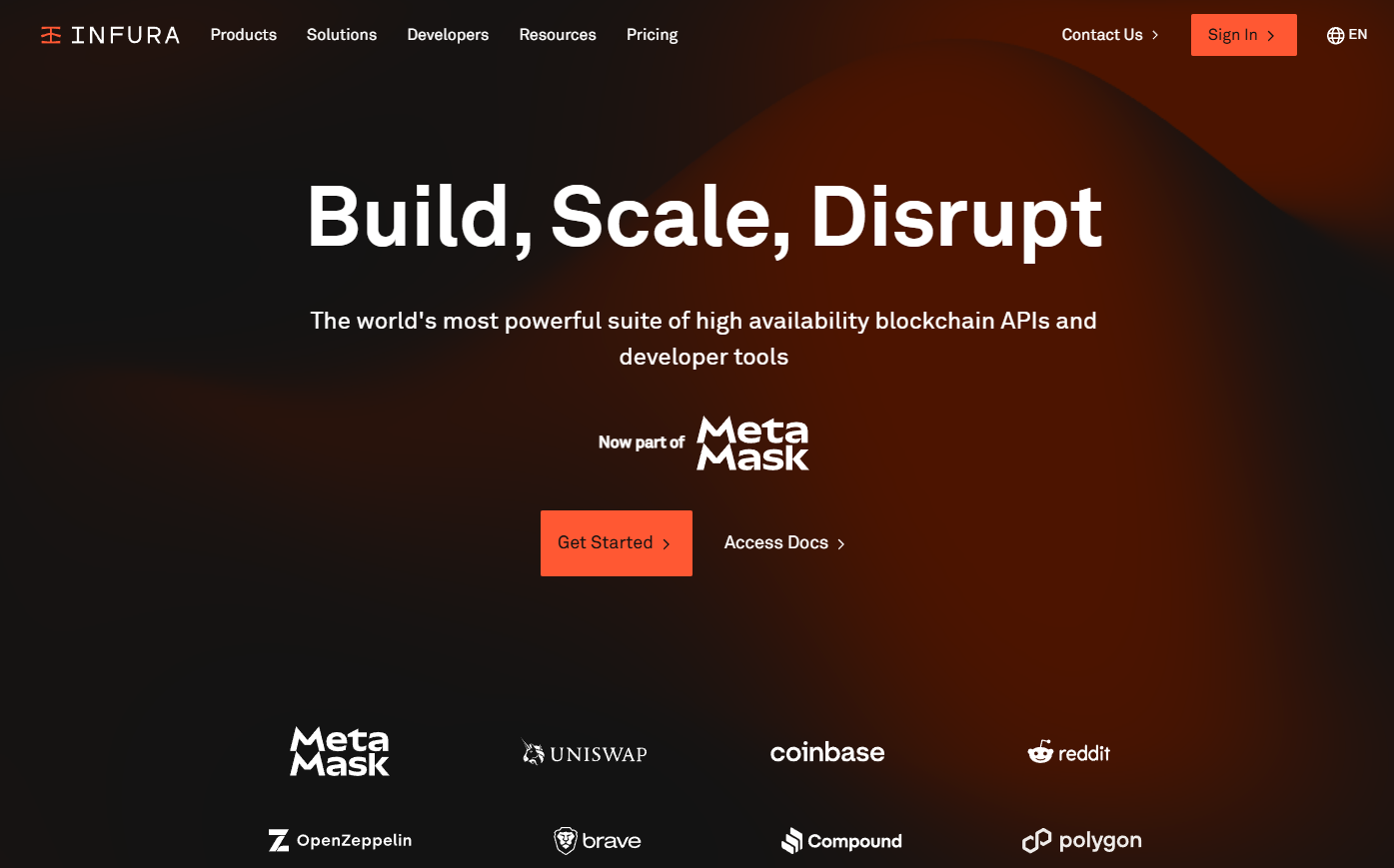
3. QuickNode — Best for high-performance real-time apps
Why Use It. QuickNode emphasizes speed, global scale, and a growing product suite (Streams for real-time, rollup deployment). It’s a strong fit for trading, gaming, and high-throughput use. (QuickNode)
Best For. Low-latency dapps • Real-time event processing • Rollup pilots.
Notable Features. Streams • Core RPC • Rollup deploy • Robust docs/support. (QuickNode)
Consider If. You require granular per-request pricing transparency across chains.
Fees Notes. Free tier; tiered and enterprise pricing available. (QuickNode)
Regions. Global; enterprise SLAs.
Alternatives. Alchemy • Blast.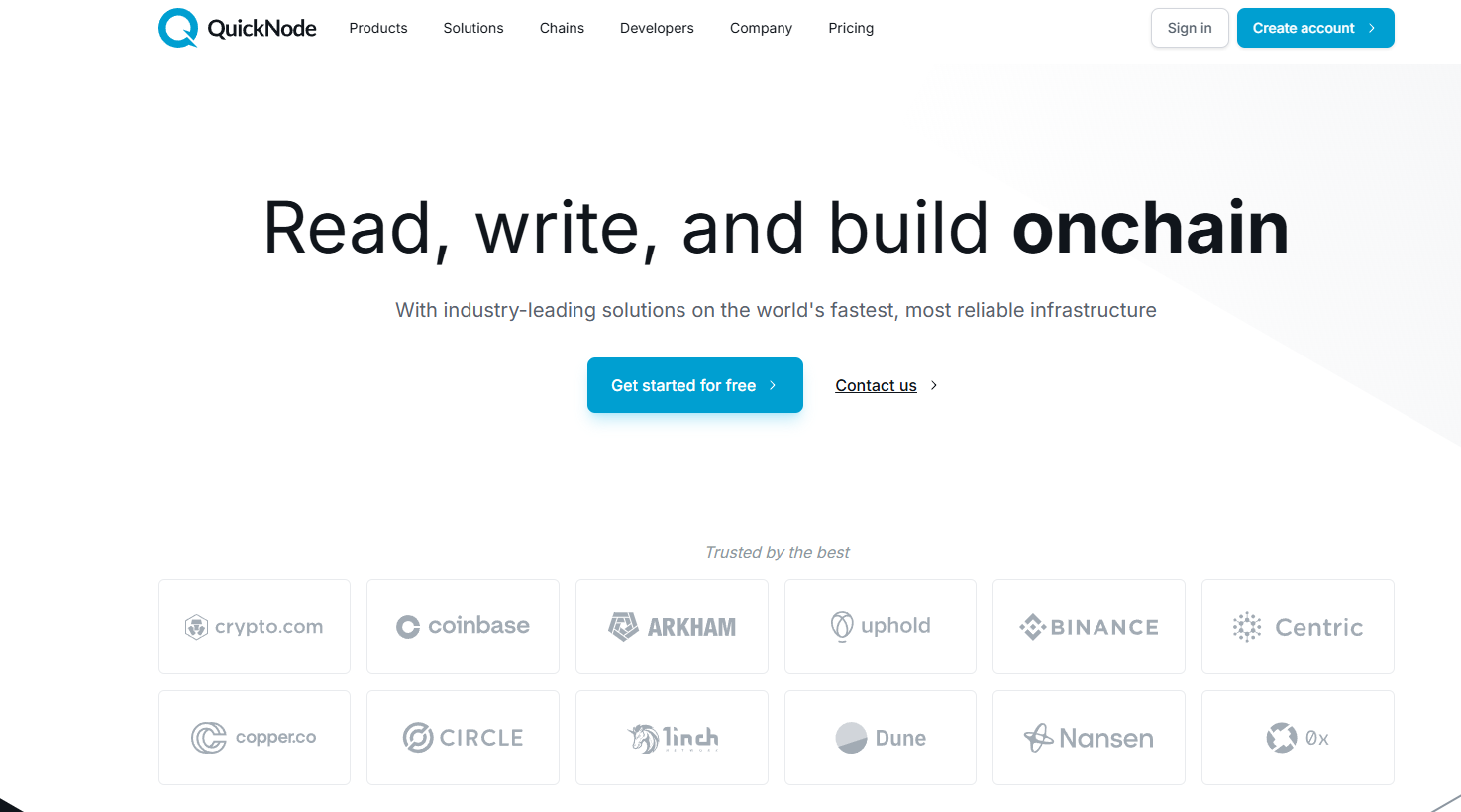
4. Chainstack — Best for flat RPS pricing + predictable bills
Why Use It. Chainstack’s flat monthly, RPS-based model makes costs predictable, with “Global Nodes” and managed infra across many chains. Good for teams who hate surprise overage bills. (Chainstack)
Best For. Multi-env teams • Stable traffic • Dedicated nodes.
Notable Features. Global Nodes • Flat RPS tiers • Dedicated options • Clear storage terms. (Chainstack)
Consider If. You need bursty, PAYG-style pricing without a fixed RPS tier.
Fees Notes. Flat monthly by RPS tier; free plan available. (Chainstack)
Regions. Global.
Alternatives. GetBlock • QuickNode.
5. Ankr — Best for breadth + per-method pricing
Why Use It. Ankr covers 75+ blockchains with transparent API-credit pricing and both HTTPS and WebSocket access, plus advanced APIs and gRPC. Strong for wide chain exposure. (Ankr)
Best For. Multi-chain explorers • Bots/analytics • Cost-aware teams.
Notable Features. RPC/REST/gRPC • Advanced API • Dynamic regions • WSS. (Ankr)
Consider If. You’d rather pay flat per-request than API-credits by method class.
Fees Notes. Free tier; per-method API credits (e.g., EVM 200 credits ≈ $0.00002). (Ankr)
Regions. Global (plan caps/regions vary).
Alternatives. NodeReal • dRPC.
6. Blast API (Bware Labs) — Best for performance + indexing add-ons
Why Use It. Blast focuses on low-latency, high-performance RPC with SDKs and indexing services. Pricing is simple (Free, $50 Dev, $250 Startup, plus PAYG), making it easy to get started. (blastapi.io)
Best For. Web3 apps needing speed • Teams wanting an SDK + RPC bundle.
Notable Features. Indexing • SDKs • Public APIs • Faucets • High-perf infra. (bwarelabs.com)
Consider If. You need explicit enterprise SLA details and multi-region controls.
Fees Notes. Free and fixed monthly tiers, plus PAYG. (blastapi.io)
Regions. Global.
Alternatives. QuickNode • Alchemy.
7. GetBlock — Best for quick multi-protocol access + dedicated nodes
Why Use It. GetBlock provides access to 50+ protocols with JSON-RPC, REST, WebSocket, GraphQL, plus dedicated node options and a clean monitoring dashboard. (GetBlock.io)
Best For. Startups needing fast setup • Projects requiring dedicated nodes.
Notable Features. 50+ chains • Dedicated nodes • Stats/monitoring • WS/GraphQL. (GetBlock.io)
Consider If. You require strict enterprise SLA language across all regions.
Fees Notes. Free tier (CU/RPS caps) and paid tiers; dedicated pricing. (GetBlock.io)
Regions. Global.
Alternatives. Chainstack • Ankr.
8. Lava Network — Best free public RPC + gateway into a decentralized network
Why Use It. Lava offers free public RPC endpoints across popular chains and a Gateway product for managed scale, routing traffic to fast/reliable providers via a protocol. Good for testing and early growth. (lavanet.xyz)
Best For. Hackathons • MVPs • Teams exploring decentralized routing.
Notable Features. Public RPC • Gateway • Protocol routing • Multi-chain. (lavanet.xyz)
Consider If. You need contracted SLAs or guaranteed dedicated capacity.
Fees Notes. Free public endpoints; pay as you scale via Gateway. (lavanet.xyz)
Regions. Global.
Alternatives. dRPC • Ankr.
9. dRPC — Best for flat, transparent request pricing
Why Use It. dRPC operates a distributed RPC with flat-rate PAYG (publicly promoted ~$6 per 1M requests) and free/basic access, plus WebSocket and enterprise options. Attractive for predictable budgets. (drpc.org)
Best For. Cost-sensitive teams • Multi-provider routing • Privacy-minded users.
Notable Features. Distributed endpoints • PAYG • WS • Monitoring. (drpc.org)
Consider If. You need named, contractual SLAs per region.
Fees Notes. Free plan and PAYG; flat pricing guidance published by dRPC. (drpc.org)
Regions. Global.
Alternatives. BlockPI • NodeReal.
10. NodeReal MegaNode — Best for BNB Chain + EVM throughput
Why Use It. NodeReal specializes in EVM (notably BNB Chain) with an accessible free plan, MEV-protected RPC, and published performance/uptime visuals (e.g., 99.8% uptime claim). (nodereal.io)
Best For. EVM-heavy apps • BSC-first projects • Throughput-hungry bots.
Notable Features. MEV-protected RPC • Free plan • Global infra • Builder tools. (nodereal.io)
Consider If. You require multi-ecosystem parity beyond EVM.
Fees Notes. Free plan with paid Growth/Team/Business tiers. (nodereal.io)
Regions. Global.
Alternatives. Ankr • QuickNode.
Decision Guide: Best By Use Case
- Regulated U.S. enterprise & SLAs: Infura, Alchemy. (Infura)
- Solana/EVM real-time streams: QuickNode (Streams), Alchemy (Webhooks/WS). (QuickNode)
- Flat pricing & predictable bills: Chainstack (RPS tiers), dRPC (flat PAYG). (Chainstack)
- Indexing + SDK bundle: Blast (Bware Labs). (bwarelabs.com)
- Free public RPC for testing: Lava (Public RPC), Ankr public endpoints. (lavanet.xyz)
- EVM/BSC throughput: NodeReal, Ankr. (nodereal.io)
- Dedicated nodes with dashboard: GetBlock, Chainstack. (GetBlock.io)
How to Choose the Right RPC Provider (Checklist)
- Region eligibility and data residency match your users.
- Chains/methods you need (archive, traces, eth_getLogs) are supported.
- WebSocket/streaming limits and bandwidth pricing are transparent. (Alchemy)
- SLA language and status transparency meet your risk profile.
- Pricing model fits traffic (CU vs credits vs requests vs RPS tiers). (Alchemy)
- Docs, SDKs, and dashboards are robust for your stack.
- Quotas, rate limits, and burst capacity are clear.
- Support path (tickets/Slack/CSM) matches team needs.
- Security posture: auth keys, IP allowlists, WAF, MEV/FRP options.
- Red flags: vague pricing, no status page, no limits disclosed.
Use Token Metrics With Any RPC
- AI Ratings to screen assets by quality, momentum, and fundamentals.
- Narrative Detection to spot early theme shifts across chains.

- Portfolio Optimization to balance risk across L1s/L2s.
- Alerts & Signals to time entries/exits.
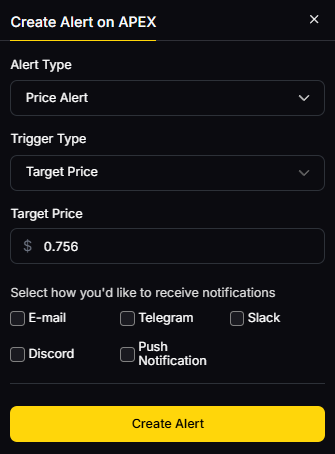
Workflow: Research with Token Metrics → Choose RPC → Ship → Monitor with alerts.
Start free trial to screen assets and time entries with AI.
Security & Compliance Tips
- Prefer provider domains you verify manually; bookmark dashboards and docs.
- Use separate API keys per environment; rotate keys and restrict by IP/refs.
- Monitor quotas and errors; set alerts for rate-limit responses and spikes.
- Validate responses across providers for critical paths (e.g., price-sensitive flows).
- For WS/streams, budget for bandwidth-based pricing if applicable. (Alchemy)
- Document SLAs, maintenance windows, and incident comms in your runbooks.
- Keep a backup provider and failover logic for production.
This article is for research/education, not financial advice.
Beginner Mistakes to Avoid
- Relying on free public endpoints in production.
- Ignoring method-level pricing (traces, logs, subscriptions). (Alchemy)
- Skipping WebSocket bandwidth budgeting for event-heavy apps. (Alchemy)
- Not testing region latency; users in APAC/EU may see higher p95 without multi-region.
- Hard-coding a single vendor with no fallback.
- Forgetting archive/pruned node differences for historical reads.
FAQs
What is a blockchain RPC provider?
A service that exposes node methods over HTTPS/WS so apps can read/write blockchain data without running their own nodes.
Are free RPC endpoints safe for production?
They’re fine for testing and small projects, but production needs capacity guarantees, SLAs, and support—typically paid tiers.
How do pricing models differ?
Vendors use compute units (Alchemy), credits (Infura/Ankr), per-request flat rates (dRPC), or RPS tiers (Chainstack). Map your method mix to each model before choosing. (Alchemy)
Do these providers support WebSockets?
Yes, most offer WS or streaming. Check per-chain WS limits and bandwidth pricing. (QuickNode)
Which is best for multi-chain coverage?
Alchemy, QuickNode, Chainstack, Ankr, and GetBlock all offer broad lists; verify specific chains and testnets you need. (Alchemy)
Conclusion + Related Reads
If you want maximum tooling and predictable scaling, start with Alchemy or QuickNode. For Ethereum-aligned stacks and enterprise support, Infura stands out. If you value cost predictability, Chainstack (RPS tiers) or dRPC (flat PAYG) are compelling. Keep Ankr, GetBlock, Blast, Lava, and NodeReal in your shortlist for specific feature/cost needs.
Related Reads:

.svg)

Create Your Free Token Metrics Account

.png)




%201.svg)
%201.svg)


%201.svg)



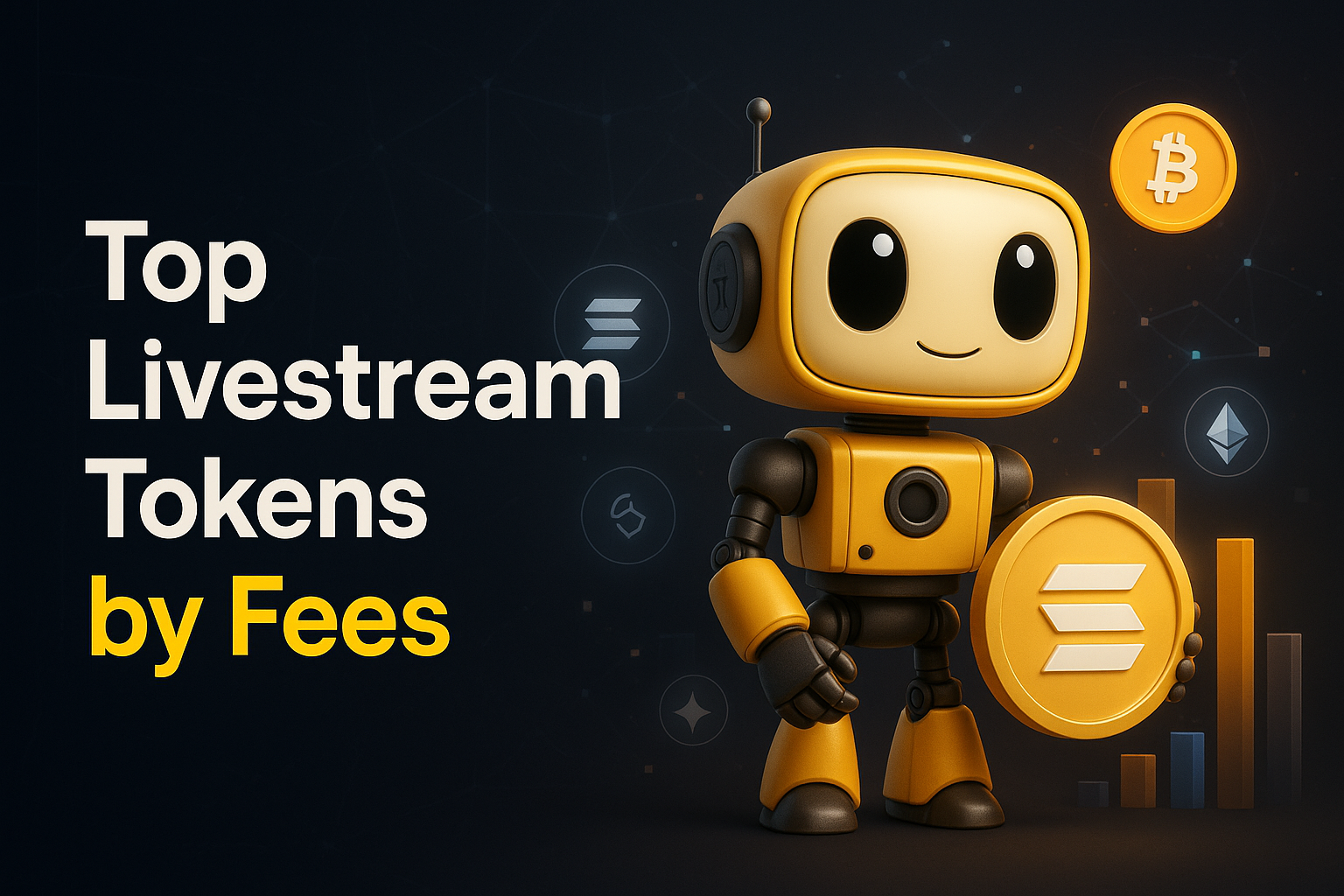
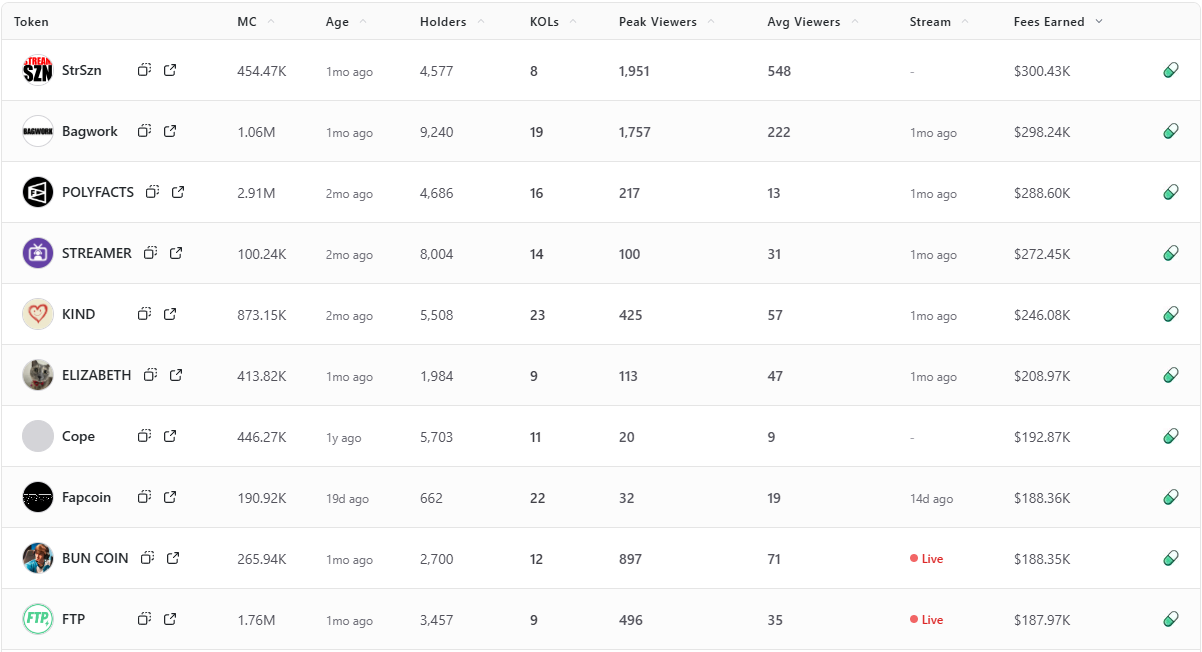
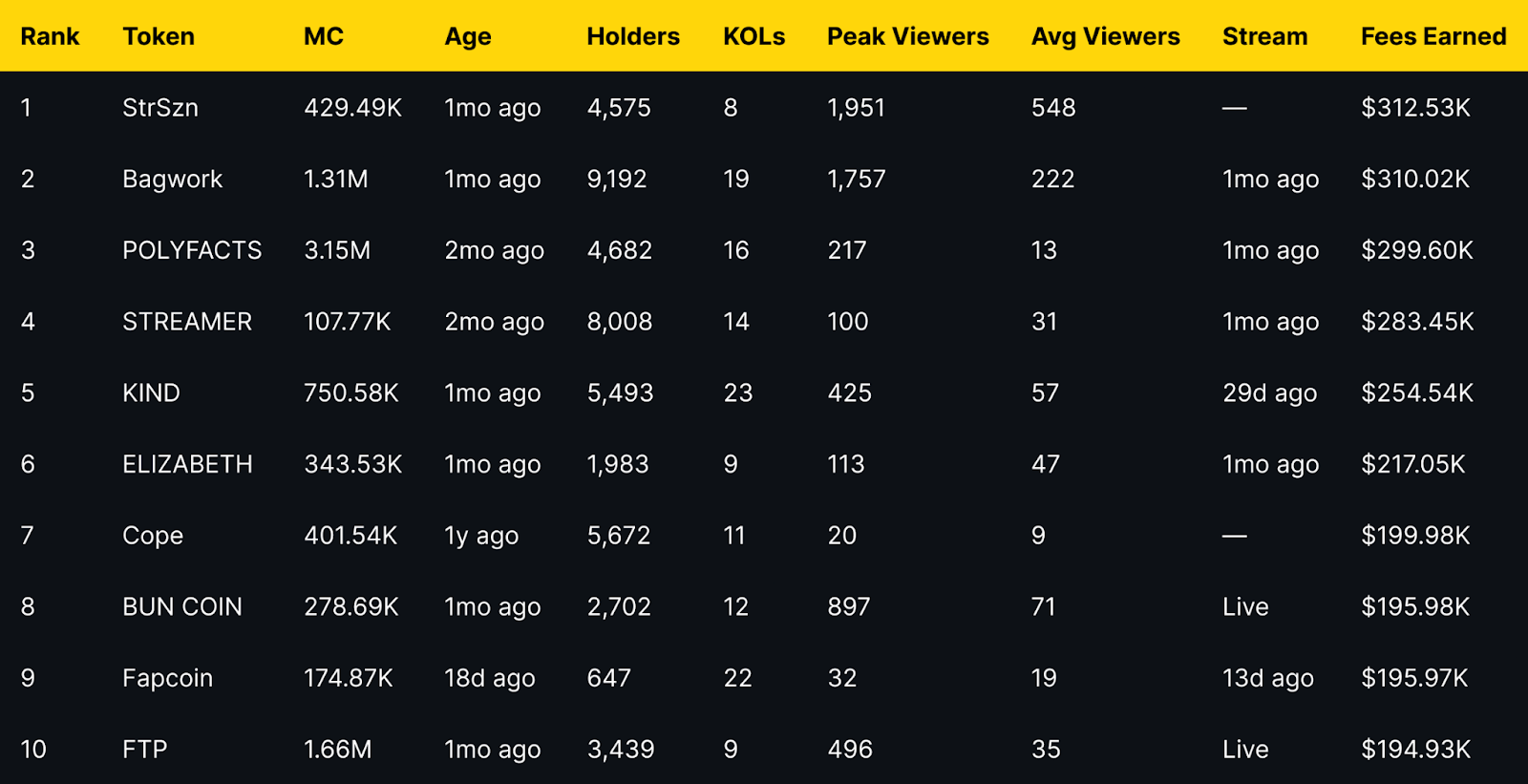
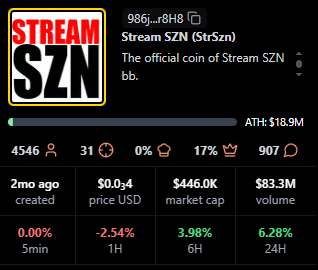

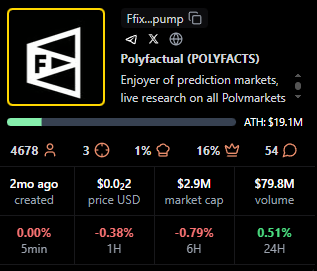


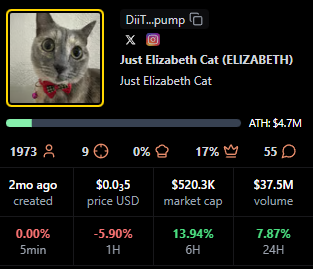
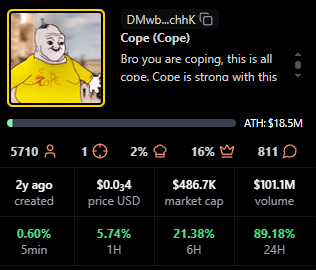
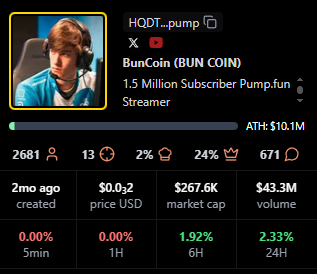

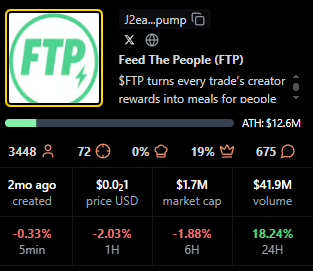
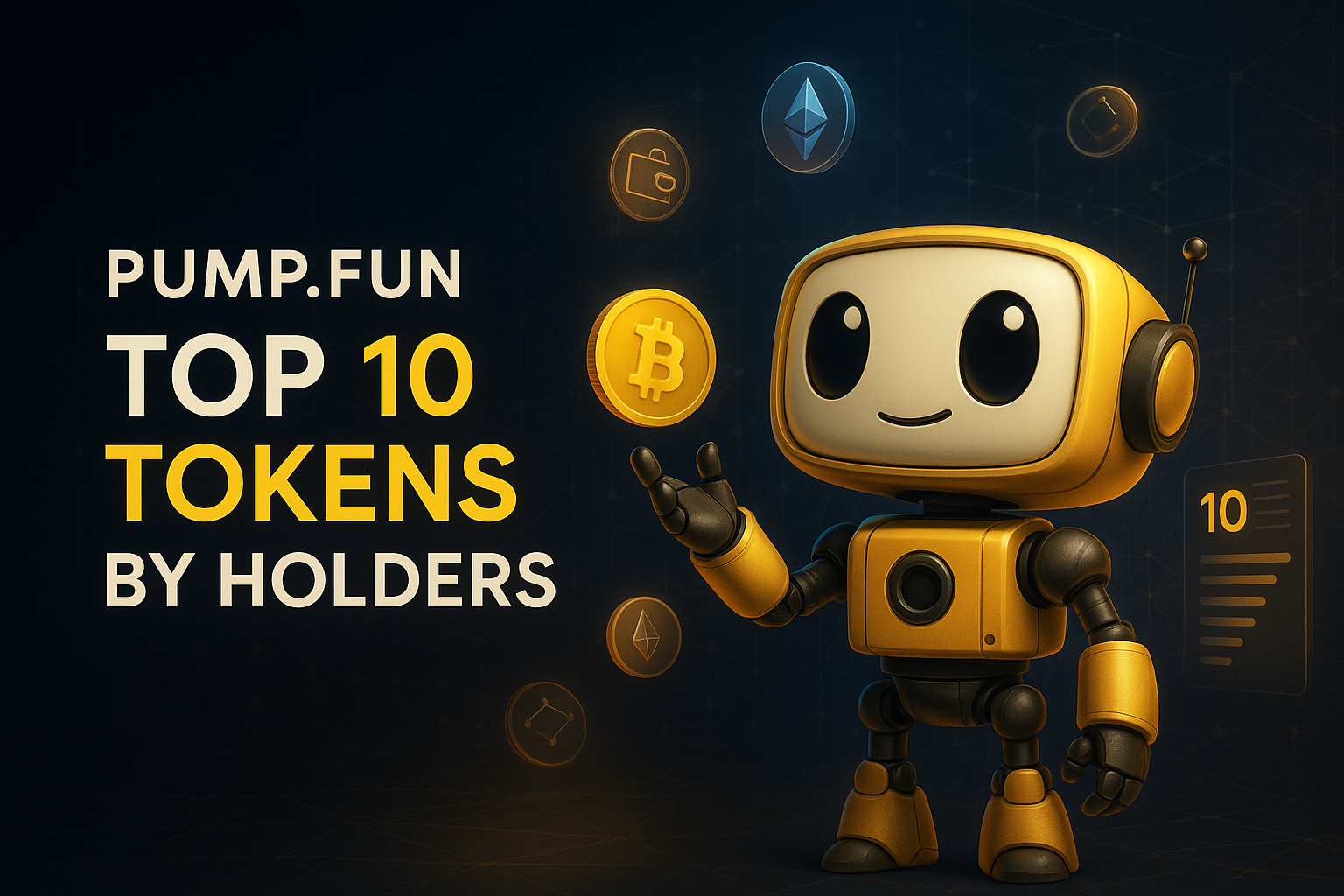
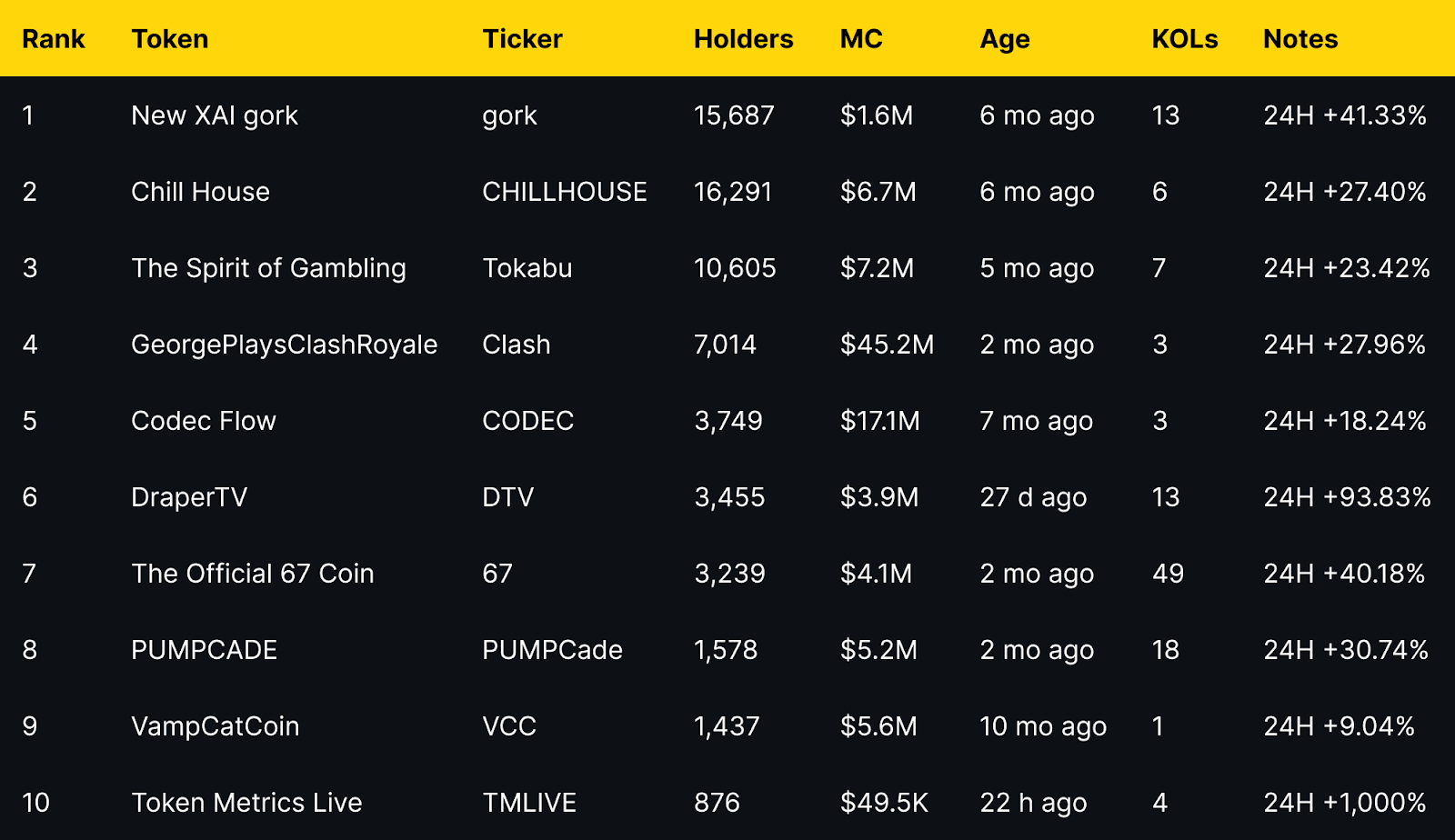
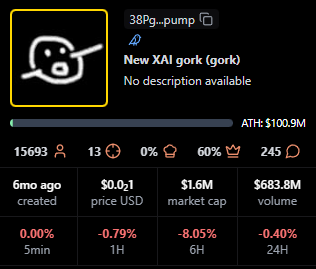
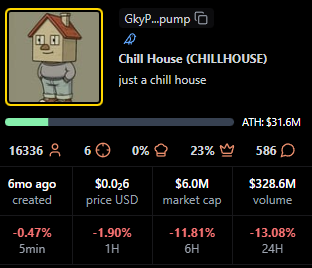
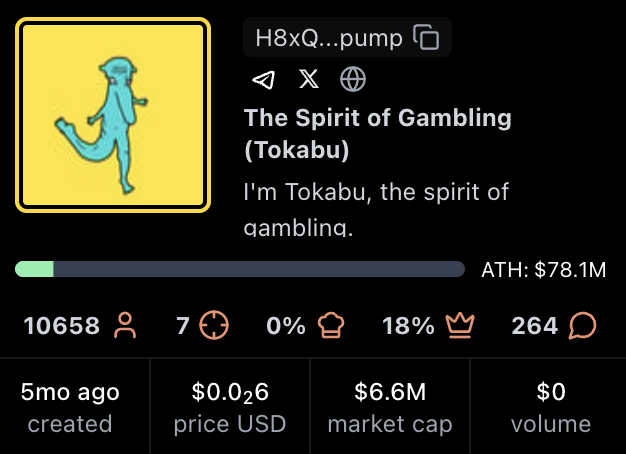

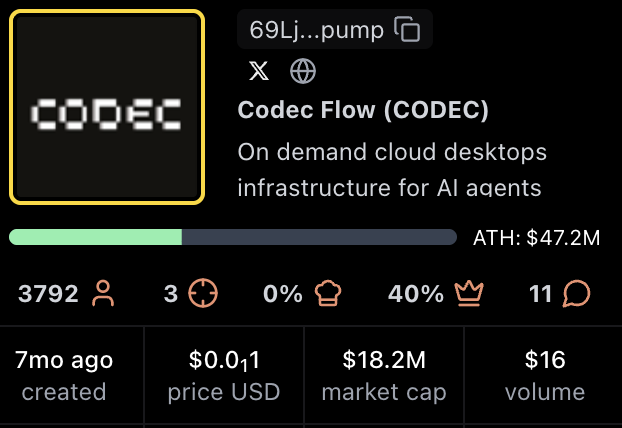
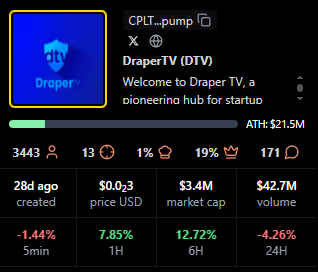


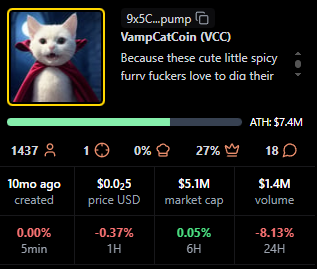
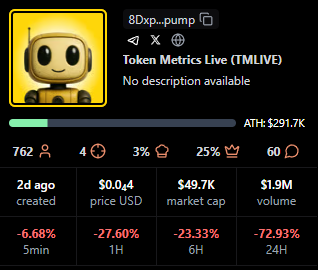
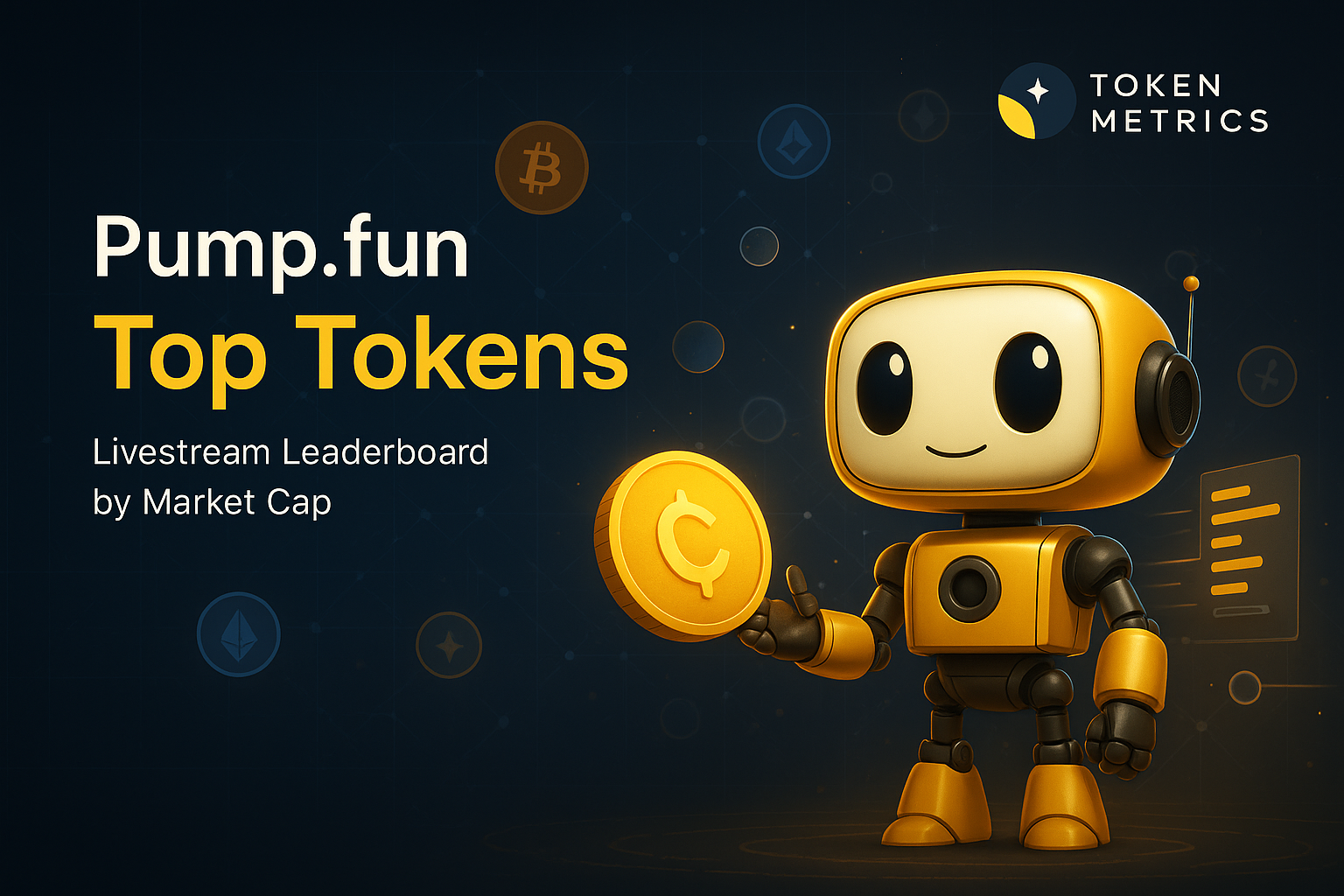
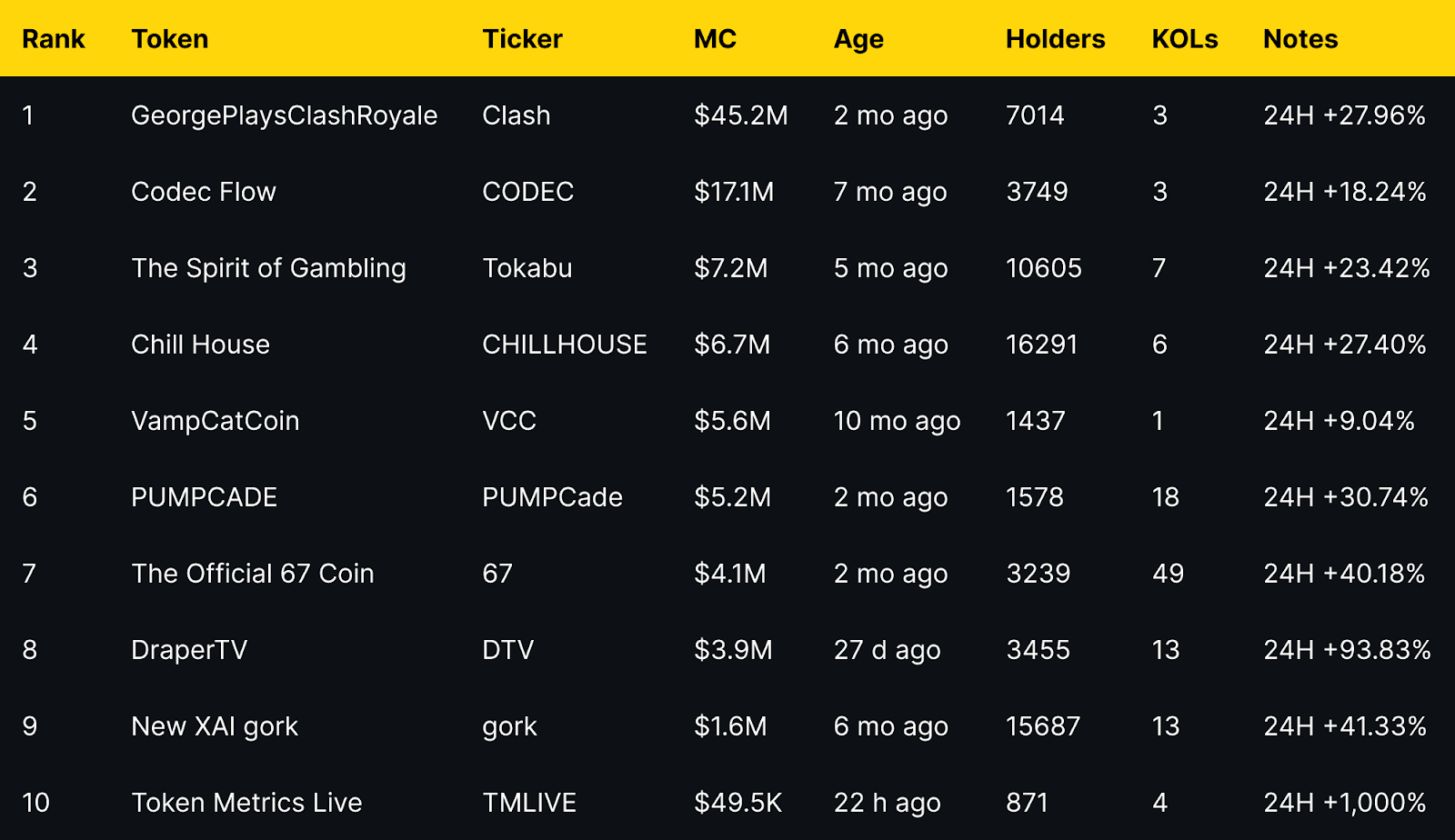



.svg)




.png)